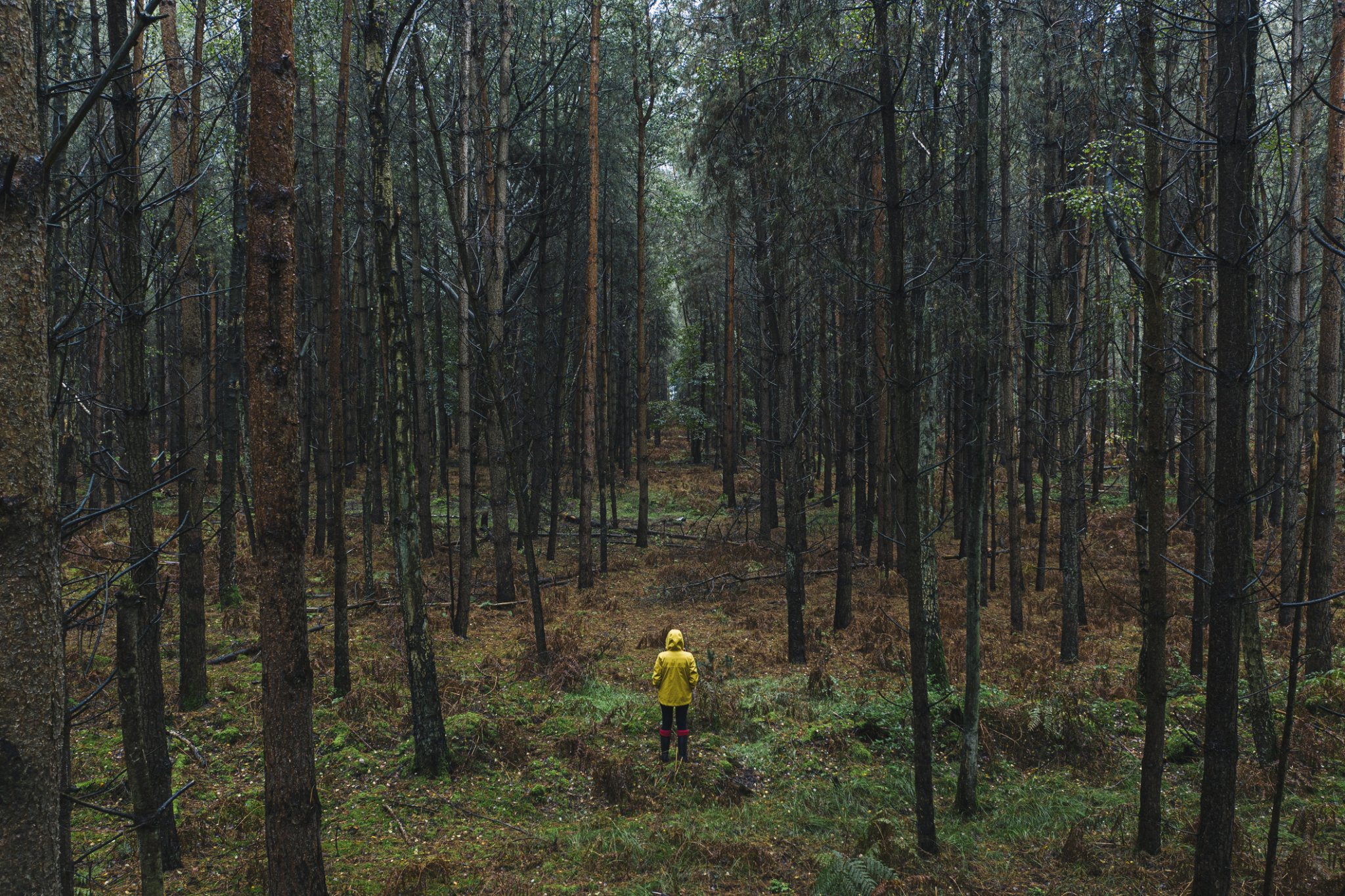Hamptons Soul: The Beauty of Being Alone

Jewish Center of the Hamptons Rabbi Josh Franklin and St. Luke’s Episcopal Church Rector Reverend Benjamin Shambaugh offer their wisdom on being alone.
By Josh Frankin
No, I would never want to experience solitary confinement. That sounds like a nightmare. But voluntary solitude out in nature? That can be something worthwhile and beautiful.
Among Jewish mystical thinkers, there is a practice called hitbodedut — self-aloneness. It means stepping away from the crowd to be alone with yourself and with God.
One of my daughter Lilah’s favorite lines of the Bible, which she often quotes whenever I suggest she take some alone time, is from Genesis: “It is not good for a person to be alone (l’vado) (Genesis 2:18).” The word l’vado, which means alone, shares a root with hitbodedut.
I remind her, though, that being alone is not the same as being lonely. I assure her, “I will never let you be lonely; I will always be there for you and with you. But sometimes, the way we can be most profoundly connected to one another is by first spending time alone.”
This distinction is important. Loneliness is disconnection from others and from ourselves. Aloneness, by contrast, is an intentional disconnection from others to strengthen our connection to ourselves, and even to God.
The sage Rabbi Nachman of Breslov taught that each of us has a conversation with God when we are in relationship with the grass, the sand, the mountains, and the wind. In moments of hitbodedut, we confront who we are, recognize our faults, and envision where we can grow.
It is in this sacred aloneness that we find clarity and connection — to ourselves, to God, and ultimately, to one another. Sometimes, the most meaningful togetherness begins with being beautifully, spiritually alone.
By Benjamin Shambaugh
Someone recently told me that there was nothing special about walking 10,000 steps a day and that the number was some sort of marketing ploy not based on medical facts. As someone who strives to walk at least 10,000 steps even on the coldest of days, I would humbly and heartily disagree.
Though I think of myself as being rather constantly in motion, I was surprised to discover that getting to 10,000 steps doesn’t just happen. It requires commitment and discipline. For me, it is worth it.
While I enjoy walking with my wife, most of my walks are on my own. This is my prayer time, my quiet time, the time I wrestle with problems and stresses and concerns, and the time that I let all those things go.
It isn’t about silence. The geese, the ducks, the swans, the herons and the seagulls all have their own voices and have conversations that can be amazingly loud. At the beach, the ocean is rarely still and in the woods, the trees seem to always move in the wind or rub up against one another. It isn’t about silence. It is, however, about quieting the noise in my head, about listening and being aware of what is around me, and about listening and being aware of God.
Not long ago, I discovered two words that describe what I’m talking about. Friluftsliv (“free air life”) is a Norwegian word that describes a spiritual connectedness with the environment and a way of life based on the idea that returning to nature is to return home. Shinrin Yoku is Japanese for “Forest Bathing,” a sort of mindfulness meditation in the woods that becomes the source of spiritual refreshment and connection with nature. I recently heard that those who want to use Shinrin Yoku to help others can even get certified as “forest therapy guides.”
Imagine that. In learning these new phrases, I not only found affirmation of my spiritual practices, I also found a possible job in retirement!
What do you do to feed your soul or quiet the noise in your head? Walking 10,000 steps works for me. What works for you?



